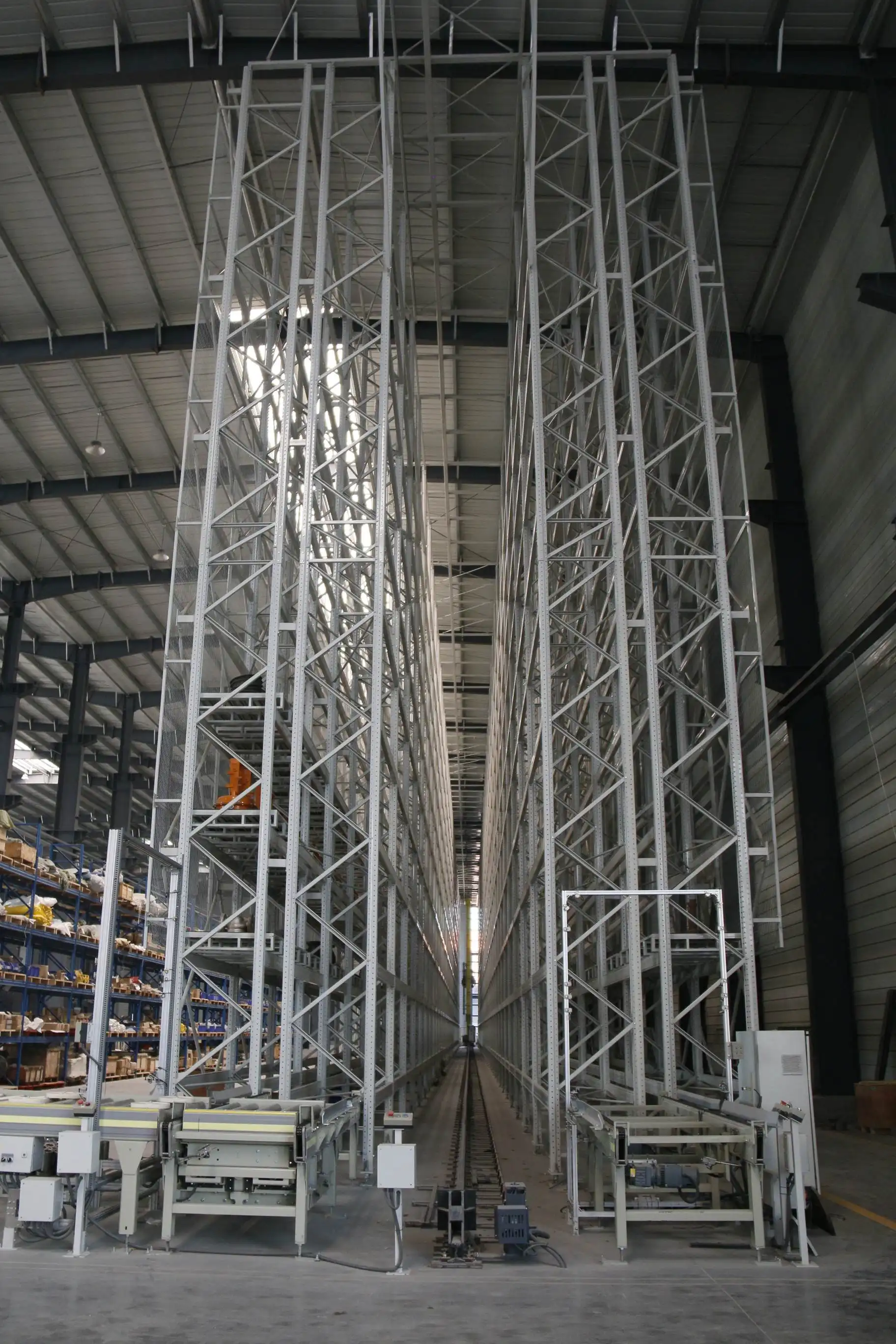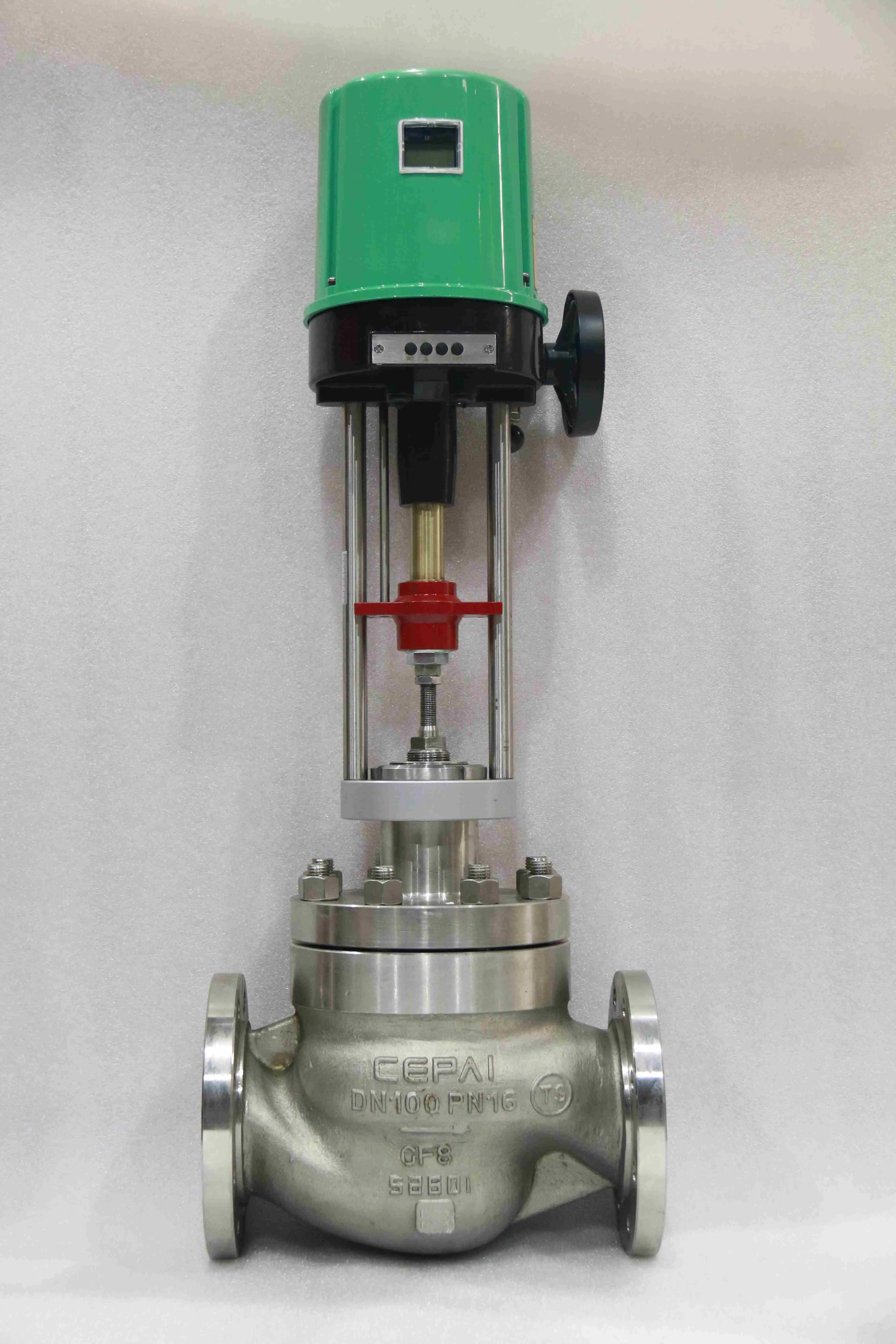Best Control Valves for Chemical Injection Systems
Chemical injection systems require precision, reliability, and durability to maintain optimal performance in demanding industrial environments. The best control valves for chemical injection systems combine advanced engineering with robust materials to deliver accurate flow control, consistent injection rates, and long-term operational reliability. These specialized valves play a crucial role in oil and gas production, deepwater operations, and various industrial processes where precise chemical dosing is essential for production optimization, corrosion control, and flow assurance. Modern control valves integrate pressure-independent technology, self-regulating mechanisms, and enhanced durability features to meet the stringent requirements of chemical injection applications across diverse operating conditions.
Advanced Engineering Features of Premium Control Valves
Precision Flow Control Technology
The foundation of any superior control valve lies in its ability to deliver precise flow control under varying operating conditions. Best control valves for chemical injection systems incorporate advanced pressure-independent technology that maintains consistent injection rates regardless of upstream or downstream pressure fluctuations. This capability is particularly crucial in deepwater applications where pressure variations can significantly impact chemical delivery accuracy. Modern control valves utilize innovative trim designs and advanced seat configurations that enable precise throttling across wide flow ranges while maintaining excellent rangeability. The incorporation of characterized flow elements ensures linear flow characteristics, allowing operators to achieve predictable and repeatable injection rates. These valves feature low-friction stem designs and high-resolution actuation systems that provide exceptional control sensitivity, enabling fine adjustments in chemical injection rates to optimize production performance and minimize chemical waste.
Material Selection and Corrosion Resistance

Chemical injection environments demand the Best Control Valves with materials that can withstand aggressive chemical compositions, high pressures, and extreme temperatures while maintaining structural integrity over extended service life. Premium control valves employ specialized alloys and coatings specifically engineered for chemical compatibility and corrosion resistance. The valve body construction typically utilizes duplex stainless steels, super duplex alloys, or nickel-based superalloys that provide superior resistance to chloride stress corrosion cracking, hydrogen sulfide attack, and other aggressive chemical environments. Internal components feature advanced surface treatments including plasma-sprayed coatings, ion implantation, and specialized hardfacing materials that enhance wear resistance and extend service life. Elastomeric components are carefully selected based on chemical compatibility matrices, ensuring optimal sealing performance across the complete temperature and pressure operating envelope. These material innovations enable control valves to maintain reliable operation in challenging chemical injection applications where conventional materials would experience rapid degradation.
Smart Diagnostics and Monitoring Capabilities
Modern control valves integrate intelligent diagnostic systems that provide real-time performance monitoring, predictive maintenance capabilities, and enhanced operational visibility. These smart valves incorporate position feedback systems, torque monitoring, and vibration analysis to detect potential issues before they impact system performance. Advanced control valves feature integrated flow measurement capabilities that eliminate the need for separate flow meters while providing accurate injection rate verification. The diagnostic systems continuously monitor valve health parameters including stem position deviation, actuator performance, and seal integrity, generating alerts when maintenance intervention is required. Remote monitoring capabilities enable operators to access valve performance data from centralized control rooms, facilitating proactive maintenance scheduling and optimizing chemical injection system efficiency. These intelligent features significantly reduce operational costs by minimizing unplanned downtime, extending maintenance intervals, and improving overall system reliability.
Industrial Applications and Performance Optimization
Oil and Gas Production Enhancement
Chemical injection systems play a vital role in oil and gas production operations, where control valves must deliver precise quantities of corrosion inhibitors, scale inhibitors, hydrate inhibitors, and other production chemicals. Best control valves for these applications demonstrate exceptional performance in maintaining consistent injection rates despite varying wellhead pressures and production conditions. In enhanced oil recovery operations, control valves manage the injection of surfactants, polymers, and other chemical agents that improve reservoir sweep efficiency and increase hydrocarbon recovery rates. The valves must accommodate wide viscosity ranges and handle chemicals with varying thermal stability characteristics while maintaining precise flow control. Deepwater production systems rely on these control valves to deliver critical chemicals through long umbilical systems where pressure losses and thermal effects can significantly impact injection accuracy. The integration of pressure-independent technology ensures that chemical delivery remains consistent regardless of system pressure variations, optimizing chemical utilization and reducing operational costs.
Subsea and Offshore Operations
Subsea chemical injection systems present unique challenges that require specialized control valve designs capable of operating in high-pressure, high-temperature environments while maintaining reliability over extended periods without maintenance intervention. Best control valves for subsea applications incorporate retrievable designs that enable maintenance and replacement operations without requiring complete system shutdown. These valves feature enhanced sealing systems designed to prevent seawater ingress while maintaining chemical containment under extreme pressure differentials. The compact design requirements of subsea installations demand control valves with high flow coefficients relative to their physical size, optimizing space utilization while maintaining performance. Materials selection for subsea applications emphasizes long-term corrosion resistance in seawater environments combined with compatibility with aggressive chemical formulations. The integration of autonomous control systems enables these valves to operate independently of surface intervention, maintaining precise injection rates based on programmed parameters or feedback from downhole sensors.
Process Industries and Specialty Applications
Beyond oil and gas applications, chemical injection control valves serve critical functions in process industries including petrochemicals, pharmaceuticals, water treatment, and specialty chemical manufacturing. In these applications, control valves must accommodate diverse chemical formulations ranging from highly corrosive acids and bases to sensitive pharmaceutical compounds requiring contamination-free handling. The pharmaceutical industry demands control valves with enhanced cleanability features, including crevice-free designs and specialized surface finishes that prevent product buildup and facilitate thorough cleaning validation. Water treatment applications require control valves capable of handling chlorinated compounds, oxidizing agents, and pH adjustment chemicals while maintaining precise dosing accuracy to ensure treatment effectiveness. The versatility of modern control valves enables their application across diverse industries where chemical injection precision directly impacts product quality, environmental compliance, and operational efficiency.
Technological Innovations and Market Trends

Digitalization and Industry 4.0 Integration
The evolution of chemical injection control valves reflects broader industry trends toward digitalization and Industry 4.0 implementation, with manufacturers incorporating advanced sensor technologies, wireless communication capabilities, and artificial intelligence algorithms to enhance valve performance and reliability. Modern control valves integrate with distributed control systems and plant-wide asset management platforms, providing comprehensive visibility into valve performance and enabling predictive maintenance strategies. Machine learning algorithms analyze historical performance data to identify patterns that predict potential failures, enabling proactive maintenance scheduling that minimizes production disruptions. Digital twin technology allows operators to simulate valve performance under various operating scenarios, optimizing chemical injection strategies and improving overall system efficiency. The integration of blockchain technology in some advanced systems provides immutable records of valve performance and maintenance history, supporting regulatory compliance and quality assurance requirements.
Environmental Sustainability and Efficiency
Contemporary control valve designs emphasize environmental sustainability through improved efficiency, reduced emissions, and enhanced chemical utilization optimization. Best control valves incorporate low-emission packing systems that minimize fugitive emissions while maintaining reliable sealing performance over extended service intervals. The precision flow control capabilities of modern valves enable optimal chemical utilization, reducing waste and minimizing environmental impact while maintaining system performance objectives. Energy-efficient actuator designs reduce power consumption while providing enhanced control authority and faster response times. The integration of renewable energy sources, including solar-powered actuator systems for remote installations, demonstrates the industry's commitment to sustainable operations. Advanced materials and manufacturing processes reduce the environmental footprint of valve production while enhancing durability and extending service life, contributing to overall sustainability objectives.
Future Development Directions
The future evolution of chemical injection control valves focuses on enhanced automation, improved materials science, and integration with emerging technologies including artificial intelligence and advanced analytics. Research and development efforts concentrate on developing self-healing materials that can repair minor damage autonomously, extending service life in aggressive chemical environments. Nanotechnology applications promise enhanced surface treatments that provide superior chemical resistance and reduced friction characteristics. The integration of quantum sensing technologies may enable unprecedented precision in flow measurement and control, further improving chemical injection accuracy. Advances in additive manufacturing techniques enable the production of complex internal geometries that optimize flow characteristics while reducing manufacturing costs and lead times. These technological developments position control valves at the forefront of industrial automation evolution, enabling new levels of precision, reliability, and operational efficiency in chemical injection systems.
Conclusion
The selection of best control valves for chemical injection systems requires careful consideration of application-specific requirements, operating conditions, and long-term performance objectives. Premium control valves deliver exceptional precision, reliability, and durability through advanced engineering, superior materials, and intelligent monitoring capabilities. As industrial processes become increasingly automated and demanding, the importance of high-performance control valves continues to grow, driving innovation and technological advancement across the industry.
CEPAI Group Co., Ltd. stands as a leading innovator in high-performance valve manufacturing, combining decades of engineering expertise with cutting-edge manufacturing capabilities to deliver world-class control valve solutions. As a national high-tech enterprise and recipient of the Mayor Quality Award, CEPAI leverages its advanced intelligent manufacturing facilities and comprehensive certification portfolio to produce control valves that meet the most demanding industrial applications. Our commitment to continuous innovation, supported by our provincial-level research centers and postdoctoral innovation base, ensures that our products remain at the forefront of technological advancement.
Whether you're seeking a China Best Control Valves factory with proven manufacturing excellence, a reliable China Best Control Valves supplier for long-term partnership, or an innovative China Best Control Valves manufacturer capable of custom solutions, CEPAI Group delivers unmatched value and performance. Our China Best Control Valves wholesale programs provide cost-effective solutions for large-scale projects, while our competitive Best Control Valves price structure ensures optimal return on investment. With our comprehensive range of Best Control Valves for sale and unwavering commitment to quality, CEPAI Group is your ideal partner for chemical injection control valve requirements.
Ready to optimize your chemical injection systems with industry-leading control valve technology? Contact our technical experts today to discuss your specific requirements and discover how CEPAI's advanced control valve solutions can enhance your operational performance and reliability. Reach us at cepai@cepai.com for personalized technical consultation and competitive quotations tailored to your unique application needs.
References
1. Anderson, R.K., Miller, J.S., and Thompson, L.M. (2023). "Advanced Materials in Chemical Injection Control Valves: Performance Analysis and Applications." Journal of Industrial Valve Technology, 45(3), 178-195.
2. Peterson, D.W., Chen, H.Y., and Rodriguez, M.A. (2024). "Precision Flow Control in Subsea Chemical Injection Systems: Engineering Challenges and Solutions." Offshore Engineering Quarterly, 52(1), 89-107.
3. Williams, S.J., Kumar, P.R., and Davis, K.L. (2023). "Smart Diagnostics and Predictive Maintenance in Industrial Control Valves: A Comprehensive Review." Process Control and Automation, 31(4), 234-251.
4. Johnson, A.B., Lee, C.H., and Brown, T.N. (2024). "Environmental Sustainability in Chemical Injection Valve Design: Materials, Efficiency, and Lifecycle Analysis." Sustainable Industrial Technology, 18(2), 145-162.
_1745994800896.webp)
Get professional pre-sales technical consultation and valve selection services, customized solution services.

About CEPAI


